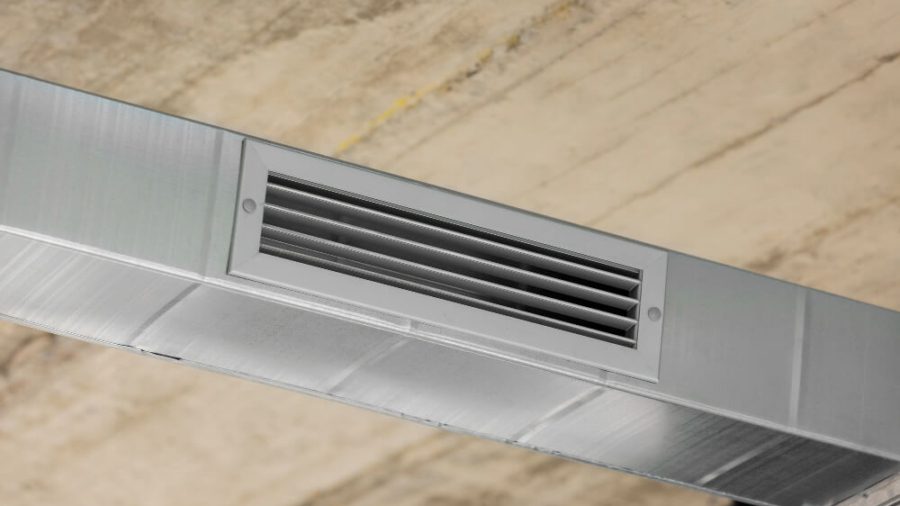Keeping your home comfortable year-round is a priority, but choosing the right HVAC system can be confusing. This blog will explore the key differences between heat pumps and air conditioners to help you make an informed decision.
Understanding Heat Pumps:
A heat pump acts as a two-way climate control system. It cools your home in the summer by extracting heat energy from indoor air via the indoor unit and transferring it outside to the outdoor unit. In colder months, it reverses the process, extracting heat energy from the outdoor air even at cold temperatures and pumping it inside the indoor unit to keep you warm. Heat pump systems are typically more energy-efficient than traditional electric heating systems like gas furnaces.
Benefits of Heat Pumps:
- Energy Efficiency: Heat pumps excel in moderate climates, offering significant energy savings compared to electric furnaces.
- Year-Round Comfort: Enjoy both cooling and heating functions with a single system.
- Environmentally Friendly: Heat pumps use less electricity than traditional heating systems, reducing your carbon footprint.
Considering Air Conditioners:
An air conditioner focuses solely on cooling your home during the summer months. It removes heat and humidity from indoor air via the indoor unit, expelling it outside through the outdoor unit. Unlike heat pumps, central air conditioners cannot provide heating and need to be paired with a separate heating system, often a gas furnace.
Pros of Air Conditioners:
- Cost-Effective: Air conditioners generally have a lower upfront cost compared to heat pumps.
- Efficient Cooling: They excel at providing cool air during hot summers.
- Simple Maintenance: Air conditioners typically require less maintenance than heat pumps, though regularly replacing air filters is important for optimal performance and indoor air quality.
Heat Pump vs. Air Conditioner: Key Differences
Here’s a quick breakdown to help you decide:
- Climate: Heat pumps are ideal for moderate climates. Air conditioners are sufficient if your primary concern is cooling during warmer months and heating needs are minimal.
- Efficiency: Heat pumps are more energy-efficient, especially in moderate climates.
- Cost: Air conditioners typically have a lower upfront cost.
- Functionality: Heat pumps offer year-round heating and cooling. Air conditioners only provide cooling.
Types of Heat Pumps:
There are two main types of heat pumps:
- Air-source heat pumps: These are the most common type of heat pump and extract heat energy from the outside air. As outdoor temperatures drop, efficiency can decrease.
- Geothermal heat pumps: These heat pumps utilize the constant temperature of the earth below the surface to extract heat energy, resulting in a highly efficient and environmentally friendly heating and cooling system. Geothermal systems however, have a higher initial installation cost.
Finding the Perfect Choice
The best option for your home depends on your climate, budget, and heating/cooling needs. Here are some tips:
- Consider your climate: If you experience cold winters with very low outdoor temperatures, an air-source heat pump might not be as efficient. Geothermal heat pumps can be a good option in such cases.
- Evaluate your budget: Air conditioners generally have a lower upfront cost.
- Think about long-term savings: While heat pumps have a higher initial cost, they can save you money on energy bills in the long run, especially in moderate climates.
Expert Help is Available
For a personalized recommendation, contact Christopher’s Heating & Cooling. Our experienced technicians can assess your needs and recommend the most suitable HVAC system for your home. We offer top-notch heat pump installation, replacement, and maintenance services, ensuring optimal comfort and energy efficiency throughout the year.
Don’t wait! Contact Christopher’s Heating & Cooling today to schedule a consultation and breathe easy all year long.


